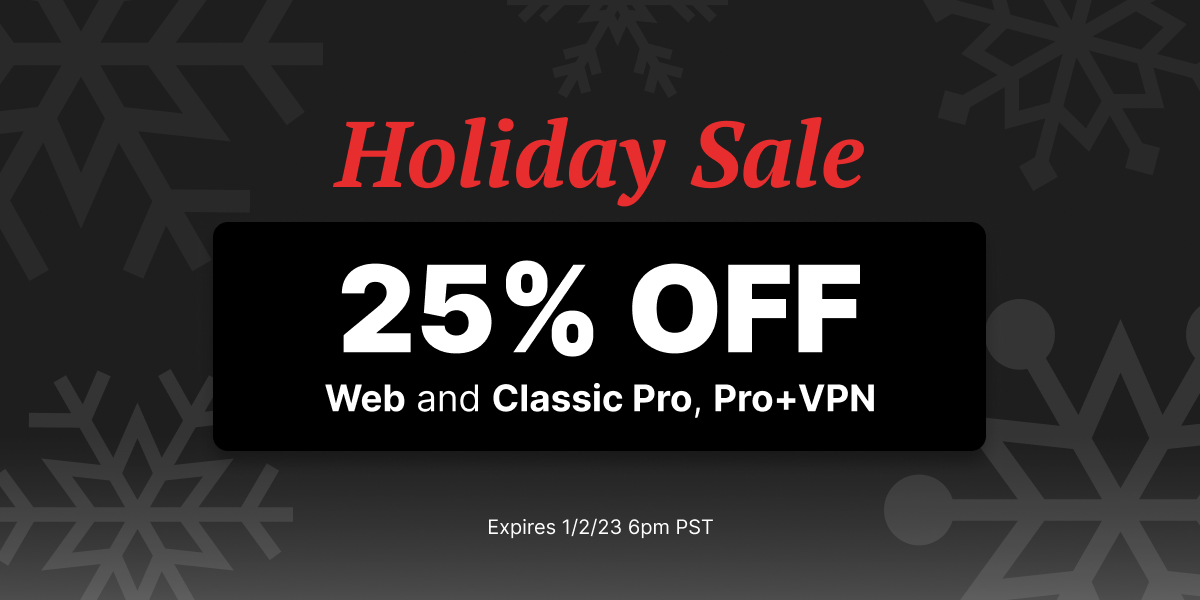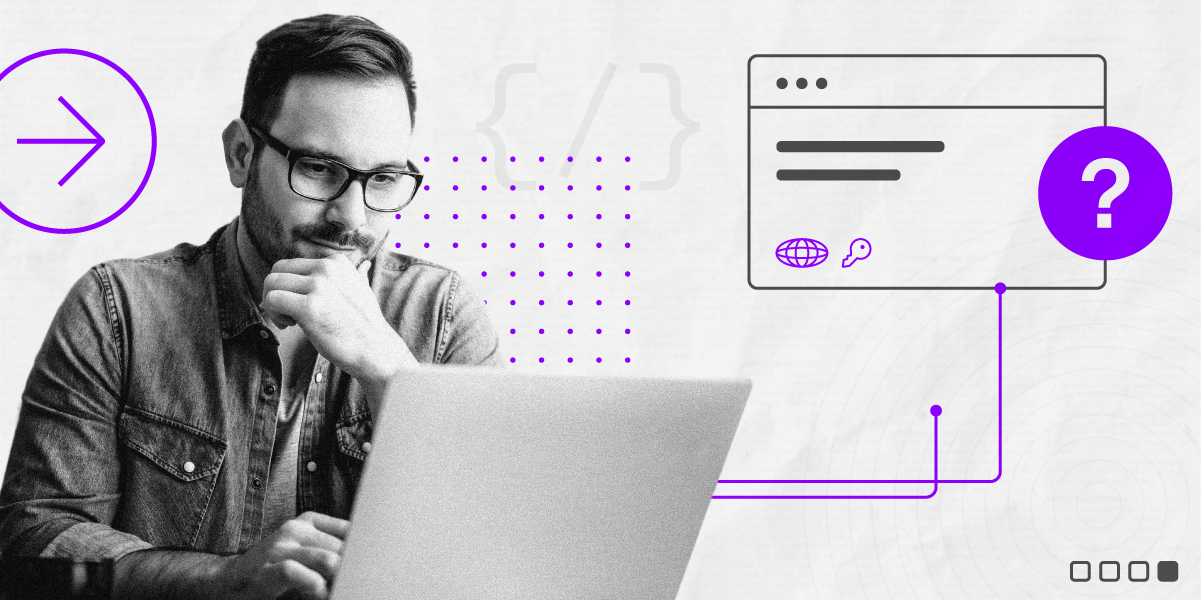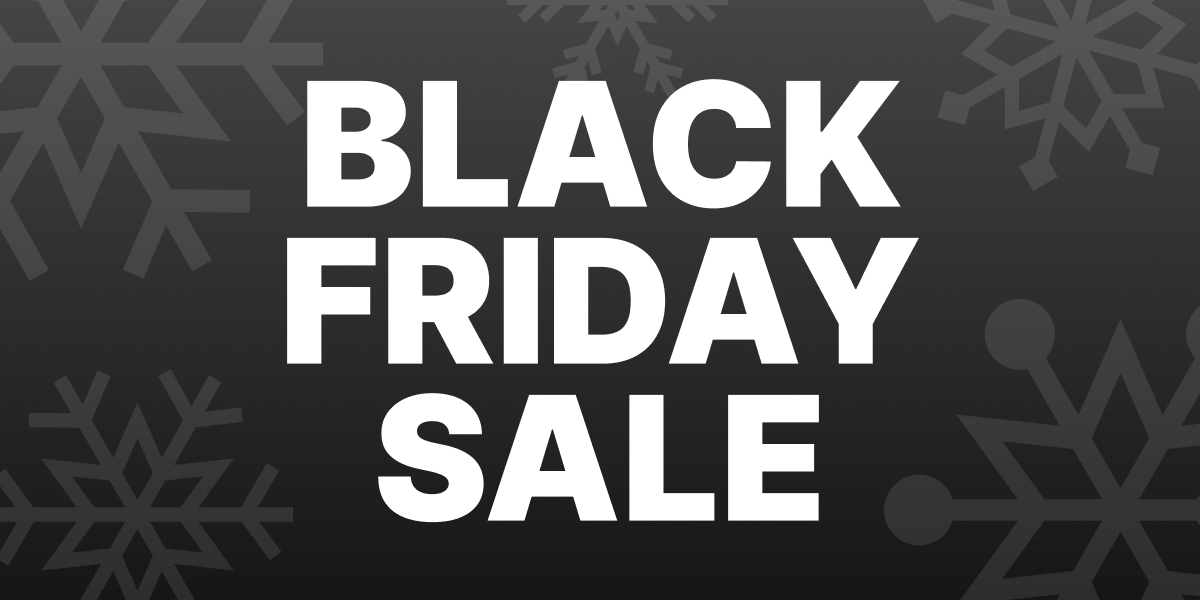[youtube=https://www.youtube.com/watch?v=lYZz3aF_hdQ&w=570&h=370]
Alex day is a YouTube artist and a DIY pop star whose massive success breaks all the rules of the music industry. He doesn’t have a label. His fans live mostly on one online channel. He’s released tracks on BitTorrent. Despite this, or maybe because of this, he’s sold over half a million iTunes songs; up until just recently, he held a Guinness World Record for the highest charting single by an unsigned artist. What Alex Day has shown us: The old formulas are broken, the Internet is democratic, and the secret to success is hard work.
We had the chance to work with Alex back in March; partnering with him to promote a new collection of work, Epigrams and Interludes. On March 13th, four days before his record release, we released a ten-track sample and remix-able stems. On March 20th, we reported his BitTorrent bundle had one million downloads, and his album out-charted Justin Timberlake in the U.K.
This was awesome. And this was only the beginning. Alex’s goal was to connect with a large global audience, independently of a label. To date, Alex Day’s BitTorrent Bundle was downloaded 2,765,023 times. 163 thousand BitTorrent fans went to Day’s iTunes page. 52 thousand went to Alex’s site.
Alex’s goal was bigger than visibility. It was about breaking down the barriers between artist and fan. Alex didn’t want to just give listeners his work. He wanted them to make it their own. And fans happily accepted the challenge. More than 2 thousand people downloaded Alex’s stems, and 65 people made remixes. Made by many, the fan remix playlist, shared back with Alex, garnered over 31 thousand views.
We caught up with Alex to talk about direct-to-fan, digital marketing, DIY making. Watch the video above for the full interview. Highlights below.

How did the BitTorrent campaign compare to all the other things you do?
It was really amazing, because for me, a big part of the excitement was all this potential to reach new people. I’ve never had a label or anything like that; I’ve always had to slug it through on my own. And the kind of thing a label can provide is that exposure to millions of people, and suddenly I just had that with BitTorrent. Like millions of people just hearing my music in literally a week.
Doing the whole remix thing with you, giving fans a chance to remix your work. And getting that posted back to your Youtube channel was a huge thing for your fans. Why is it so important to do things like this?
The remix thing I had loads of fun with because I’m always trying to think of ways to do things where it’s giving people a reason to get involved. I never want to assume that it’s just, my new song is out, buy it. There are fewer and fewer reasons to get excited about a release, or to pay attention to that kind of stuff. So yeah, the remix thing was cool because I tend to release a lot of my songs acoustically and sometimes my audience gets really attached to my acoustic version, and it was fun to say, “Okay, you try then,” [chuckles]. Not like in an aggressive way. But it was fun to see what they did with my songs and how they wanted to hear them. I find it really interesting, because I do it all myself. It was like having a thousand second opinions all of a sudden, so I really enjoyed that side of it.
…Instead of it just being me putting a thing out, and [my fans] taking the thing or giving me money for the thing, [my fans] were giving me something back that I could then take in return. So it was really fun.
You built up a huge audience. You’ve done it all without a record label. How did you do that?
There’s no secret formula; it took me seven years. It was just sort of hard work and persistently doing it and not giving up, just sticking to it regularly and being committed to it, I suppose. There’s no overnight success trick.
You are an insanely smart digital marketer. Do you think that’s a requirement for being a successful artist on the Internet?
I don’t see it as being like a digital marketer. If I thought of it that way, I’d feel sort of cynical, I suppose. I’m just making videos for fun. I’m thinking, “How do I do this in a way that’s exciting for my audience? That we can sort of achieve something and it’s as exciting for them as it is for me?”
One of the big questions, everyone wants to know: How much money can you make going your own way? What do you tell them?
Loads. You have to be prepared to work at it, basically.
I released two albums, 2009 and 2010, and the extent of my promotion for them was that I make a Youtube video, I tweet about it, I’d say, “My album is out”, and then that was kind of it, really. I’d also often to go to the warehouse where the CD was shipped from and sign a bunch of them. But yeah, that was really all I did. I announced that the album was available, and then I left them to it. And because of that, I sold enough that I was happy and enough that I could afford to do the next album, but I didn’t really think any more about it.
It was only when I got really motivated with the “Forever Yours” single, and tried to get it in the charts, that I pushed myself to see what my limits were. That’s when I learned how much more I could potentially achieve, but also how much harder and how much more time you have to put in.
But it’s definitely worth knowing the possibility is there, if you’re an unsigned artist. I haven’t had any special privilege or background. A lot of people say, “He has a Youtube channel, and it’s massive, and I don’t have a Youtube channel that big or anything.” But I just built that up. No one gave me that. I did that myself. There’s only possibility. It’s what you want to do and how much you want to put in to achieving it.


